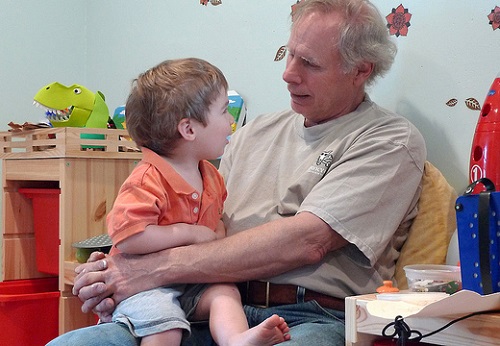Free up space for written exploration
A couple quick thoughts for today:
1) Speech before writing. Attend to the original speaking voice of your child. Really hear it. Respond to it. Make big facial expressions that show you are paying attention. In fact, pay attention! It’s too easy to seem like you’re listening when in fact you are rummaging through the pantry in your mind for tonight’s dinner ingredients. Listen, respond, engage (ask for “more” – “Tell me more about X,” “What else happened?”, “I want more details! This sounds __________ –exciting, scary, nerve-wracking, calming, wonderful, crazy, fascinating”).
The habit of attending to your child’s spoken voice creates the best foundation for writing. As you listen, sometimes you will want to jot down what is being shared. Do it! Write it down and share it later in the day with an interested party (other parent, grandparent, sibling, friend).
2) Writing is exploration, not performance. Use writing to explore thoughts and ideas, impressions and hunches. Kids need to know that the context for their written thoughts is a safe place to explore those partially formed ideas. It is not a place where they must prefer accuracy to risk. Risk is valued. Accuracy, not so much. Accuracy and technique are “value-added” features that come at the end of the writing process. They must never govern the process or control it. Rather, the experience of writing (particularly that initial burst of language through the hands) must be that risk is exhilarating and valuable.
If exhilaration is not available as a legitimate reaction to writing, the minimum ought to be that risk is permissible. Give permission, take risks, shock your kids and write your own risky, free, un-bound exploration of a word, idea, thought, belief, impression, experience, conversation. Share it. Model what it may look like to really let loose. You are the permission-giver and catalyst in your homeschool. Break your own rules, if you need to, to free up space for written exploration.
Cross-posted on facebook.


















